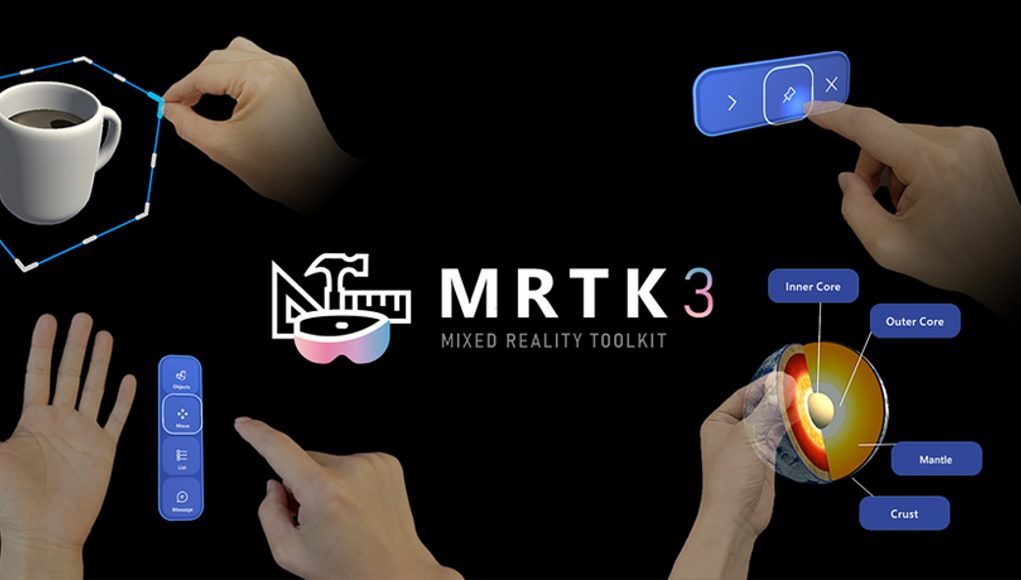Microsoft, Qualcomm and Magic Leap announced a partnership to “guide the evolution” of the Mixed Reality Toolkit (MRTK), a cross-platform AR/VR development framework which has now gone open-source.
MRTK was a Microsoft-driven project that provided a set of components and features used to accelerate cross-platform XR app development in the Unity game engine. The developing team behind MRTK was unfortunately disbanded, as Microsoft cut both MRTK and the AltspaceVR teams earlier this year in a wide-reaching round of layoffs.
Still, as an open-source project now, Microsoft is joining XR industry cohorts Qualcomm and Magic Leap to form their own independent organization within GitHub that aspires to transform the software into a “true multi-platform toolkit that enables greater third-party collaboration.”
“With Magic Leap joining Microsoft as equal stakeholders on the MRTK steering committee, we hope to enrich the current ecosystem and help our developer community create richer, more immersive experiences that span platforms,” Magic Leap says in a blogpost. “Additionally, our support for MRTK3 will allow for simple porting of MRTK3 apps from other OpenXR devices to our platform.”
MRTK3 already supports a wide range of platforms, either full or experimentally, including OpenXR devices like Microsoft HoloLens 2, Meta Quest, Windows Mixed Reality, SteamVR, Oculus Rift (on OpenXR), Lenovo ThinkReality A3, as well as Windows Traditional desktop. The committee says more devices are “coming soon,” one of which will likely be the Magic Leap 2 AR headset.
Meanwhile, Microsoft announced MRTK3 is on track to reach general availability to developers on the second week of September 2023. To learn more, check out Microsoft’s MRTK3 hub, which includes support info, tutorials, and more.







